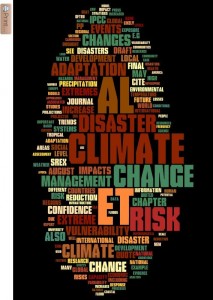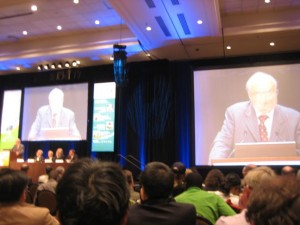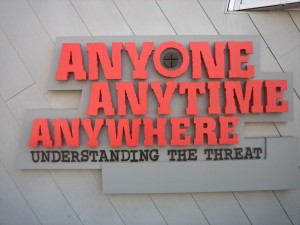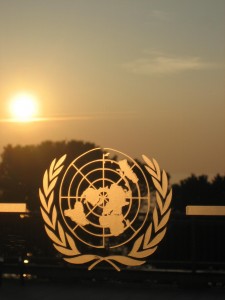The IPCC recently released the policy-maker’s summary (SREX-SPM) on extreme weather and climate events. The background for this report is a larger report that is due to be published in the near future, and one gets a taste of this in the ‘wordle‘ figure below. By the way, the phrase ‘ET’ in this context does not refer ‘extra-terrestrial’, and ‘AL’ is not a person, but these refer to the way of citing many scholars: ‘et al.‘

[Read more…] about The IPCC report on extreme climate and weather events

 It would not surprise me if the denialists would deny the existence of the new book by Haydn Washington and John Cook (
It would not surprise me if the denialists would deny the existence of the new book by Haydn Washington and John Cook ( Last week, there was a
Last week, there was a